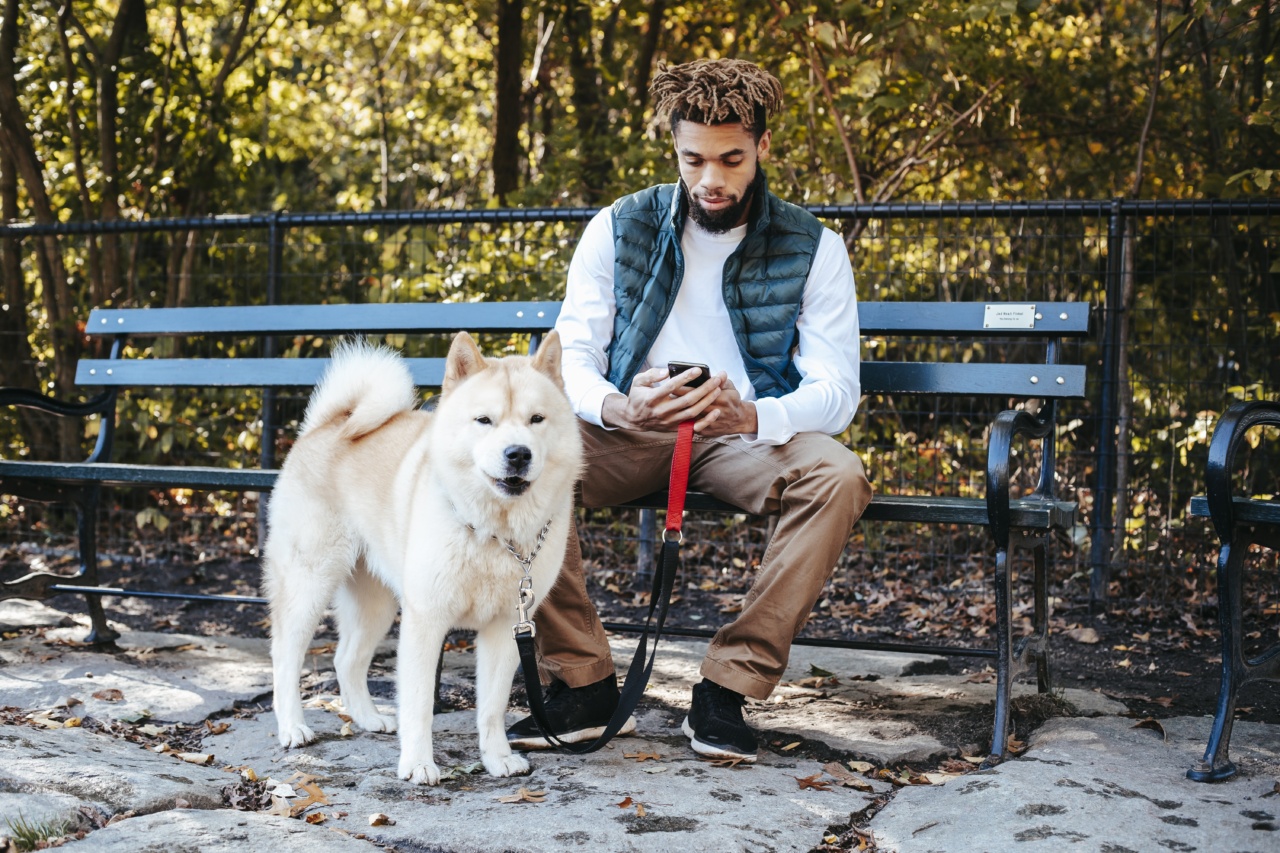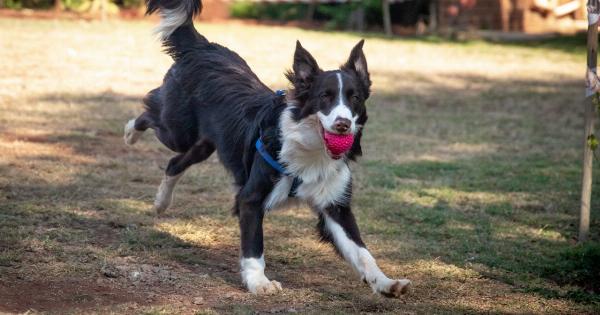There is no denying the special bond between a child and their pet dog. The connection goes beyond just companionship and can have a positive impact on a child’s physical and emotional well-being.
This article explores the benefits of the canine connection to youth.
Reducing Stress and Anxiety
Studies have shown that interaction with dogs can reduce stress and anxiety in both children and adults. Petting a dog can lower the levels of cortisol, the hormone associated with stress, in the body.
Children who have dogs as pets are also found to have lower levels of anxiety compared to those without pets. This can be attributed to the calming effect of spending time with a dog, which can help to regulate breathing and reduce feelings of anxiety.
Promoting Physical Activity
Dogs can be great companions for physical activity, such as walking or running. This is especially beneficial for children, who require regular exercise to maintain good health.
Dogs provide a fun and engaging way for children to stay active and can motivate them to spend more time outdoors. Playing with a dog can also improve hand-eye coordination and gross motor skills.
Enhancing Social Skills
Pet ownership can help children develop social skills by providing opportunities for interaction with others. Dogs can be a conversation starter, which can help shy children to feel more confident and outgoing.
Taking care of a dog can also teach children responsibility, empathy, and compassion, which are all valuable skills that can benefit them later in life.
Boosting Self-Esteem
Having a dog as a companion can boost a child’s self-esteem and self-confidence. A dog provides unconditional love and acceptance, which can help children to feel valued and appreciated.
Taking care of a dog can also give children a sense of purpose and accomplishment, which can improve their overall sense of well-being.
Relieving Loneliness and Isolation
Children who struggle with loneliness and isolation can benefit greatly from the companionship of a dog. Dogs provide unconditional love and companionship, which can help children to feel less alone and isolated.
Playing with a dog can also be a fun and engaging way for children to spend time, which can reduce feelings of loneliness and boredom.
Becoming More Resilient
Dogs can help children become more resilient by teaching them to cope with difficulties and setbacks. Dogs can be a source of comfort and support during challenging times, which can help children to develop emotional strength and resilience.
Caring for a dog can also teach children how to problem-solve and overcome obstacles.
Improving Mental Health
The benefits of the canine connection to youth are not limited to physical health. Dogs can also have a positive impact on a child’s mental health.
Studies have found that interaction with dogs can reduce symptoms of depression and improve overall well-being. Dogs can provide a sense of comfort and security, which can help to alleviate feelings of anxiety and depression.
Teaching Empathy and Compassion
Caring for a dog can teach children empathy and compassion by providing opportunities to care for another living being. Dogs are dependent on their owners for their basic needs, such as food, water, and exercise.
Children who take care of a dog learn to understand the feelings and needs of another living being, which can improve their ability to empathize with others.
Encouraging Positive Behavior
Having a dog as a pet can encourage positive behavior in children. Dogs require discipline and training, which can help children to learn the importance of following rules and being responsible.
Children who care for a dog also learn the importance of treating others with kindness, respect, and patience.
Promoting Family Bonding
Dogs can promote family bonding by providing opportunities for shared experiences. Spending time with a dog can be a fun and engaging way for families to bond and create memorable experiences together.
Walking a dog together can provide an opportunity for family members to connect and strengthen their relationships.






























